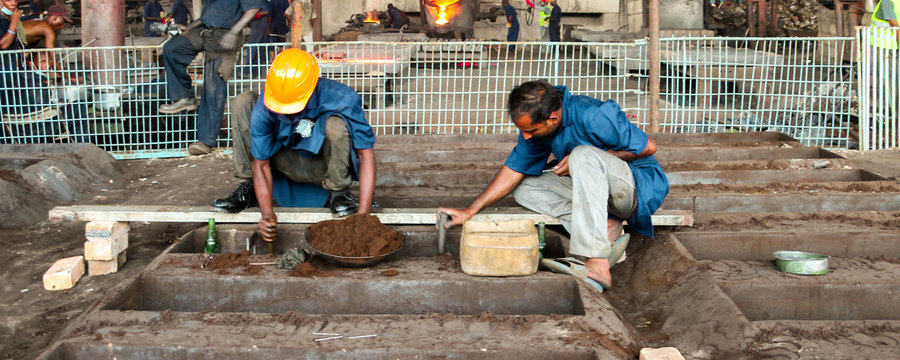Home / Business & Management / HR / Occupational Health in Developing Countries / Rehabilitation – focus on the worker
This article is from the free online
Occupational Health in Developing Countries


Reach your personal and professional goals
Unlock access to hundreds of expert online courses and degrees from top universities and educators to gain accredited qualifications and professional CV-building certificates.
Join over 18 million learners to launch, switch or build upon your career, all at your own pace, across a wide range of topic areas.

 An orthopedic workshop in Sudan. © G.Van Den Bergh
An orthopedic workshop in Sudan. © G.Van Den Bergh To make a good prosthesis, it must be possible to adjust it so it fits perfectly with the limb it is attached to. © G.Van Den Bergh
To make a good prosthesis, it must be possible to adjust it so it fits perfectly with the limb it is attached to. © G.Van Den Bergh  Technical equipment must be tested out in a training situation. © G.Van Den Bergh
Technical equipment must be tested out in a training situation. © G.Van Den Bergh A wheelchair makes the adult surviving polio mobile. © G.Van Den Bergh
A wheelchair makes the adult surviving polio mobile. © G.Van Den Bergh


